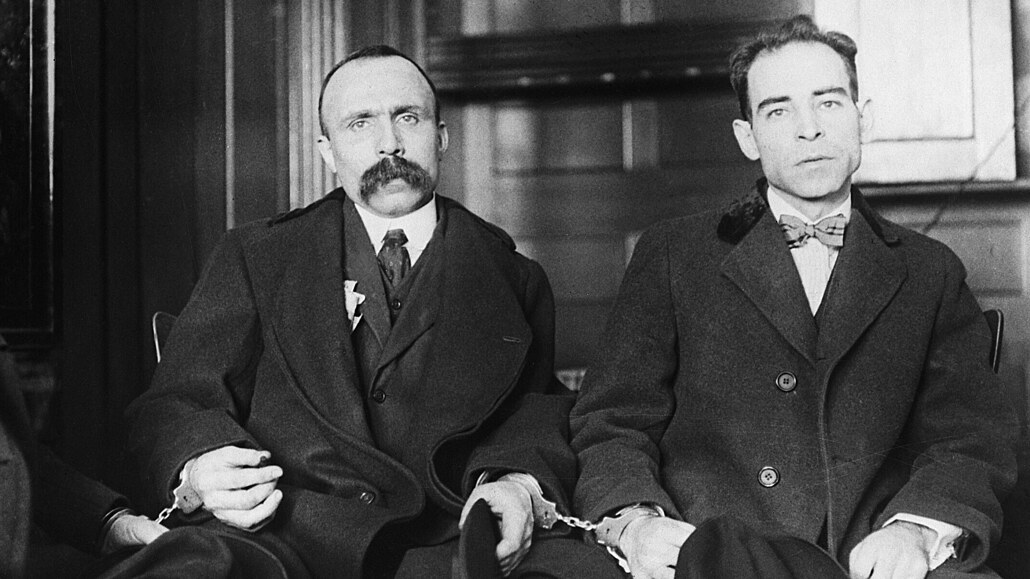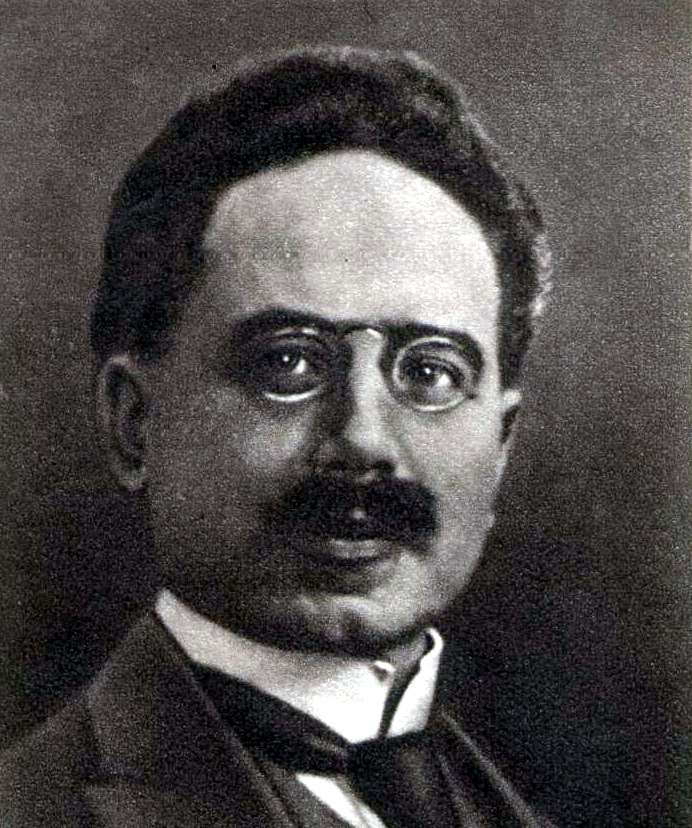***Out In The Be-Bop 1940s Crime Noir Night- Otto Preminger’s “Laura”- A Film Review
DVD Review
Laura, starring Dana Andrews, Gene Tierney, Clifton Webb, directed by Otto Preminger, 20th Century Fox, 1944
I guess if you get into a crime noir crazed mode as I have been over the past several months then nothing should surprise you as far as plot line, photography (black and white of course), or actors are concerned. Recently I reviewed a film noir , Where The Sidewalk Ends, that no way, no way in hell, when I started out this jail break-out reviewing process of the old time films from the mid-1940s to the mid-1950s did I figure to be reviewing. Except that film with its line-up, as here, of Dana Andrews, Gene Tierney and director Otto Preminger got me thinking about Laura. From the plot line it appears that I was not alone in thinking of her and I will just have to stand in line until she tires of whoever is next in line to get tired of.
Additionally, there is no way, no way in hell, I would have believed that I would be, seemingly endlessly now, on a Dana Andrews run. Bogie, no question, Robert Mitchum sure, even Dick Powell in a pinch but Dana Andrews? Oh well, at least he has classic good girl (no femme fatale here she is a hard-working career women in advertising) Gene Tierney to keep his eyes on once he gets control of his emotions (and lays off the bottle).
But enough of that. This is a story with great arch dialogue ( if somewhat dated for today’s audiences) although I am sure some would argue that it is not really a noir but more a little Thin Man series mystery comedy fluff whatever. In any case every guy in New York, every guy with eyes anyway and maybe even guys who don’t see so well, has a bee-line straight for Laura (played of course by Gene Tierney). Even a guy, a police detective (played by seemingly perennial cop Dana Andrews) who has never met her and is only “interested” in her because she has been murdered (a little anyway, if there is such a thing) and as a good methodical, if somewhat blasé, cop he has to put the pieces together and see if they fit. In short, who done it.
Wait in line, brothers and sisters. It could have been half the women in New York, well, upper-side New York anyway jealous of Laura’ charms (and tired of their companions’ head-turns). It could have been half the guys in New York who never had a chance at her. But let’s narrow the field a little. Narrow it to her cash-strapped gigolo fiancé Shelby (played by a very young Vincent Price) and Laura’s older gentleman friend (I am being polite as they were then) Waldo (played by Clifton Webb), the great society newspaper writer, who introduced Laura to upper-crust New York society. Of course Waldo has this little problem, this little homicidal problem about his affections for Laura and that’s what drives the twist and turns of the film. As for our good guy detective well for his efforts, in the end, he gets the girl. Natch
DVD Review
Laura, starring Dana Andrews, Gene Tierney, Clifton Webb, directed by Otto Preminger, 20th Century Fox, 1944
I guess if you get into a crime noir crazed mode as I have been over the past several months then nothing should surprise you as far as plot line, photography (black and white of course), or actors are concerned. Recently I reviewed a film noir , Where The Sidewalk Ends, that no way, no way in hell, when I started out this jail break-out reviewing process of the old time films from the mid-1940s to the mid-1950s did I figure to be reviewing. Except that film with its line-up, as here, of Dana Andrews, Gene Tierney and director Otto Preminger got me thinking about Laura. From the plot line it appears that I was not alone in thinking of her and I will just have to stand in line until she tires of whoever is next in line to get tired of.
Additionally, there is no way, no way in hell, I would have believed that I would be, seemingly endlessly now, on a Dana Andrews run. Bogie, no question, Robert Mitchum sure, even Dick Powell in a pinch but Dana Andrews? Oh well, at least he has classic good girl (no femme fatale here she is a hard-working career women in advertising) Gene Tierney to keep his eyes on once he gets control of his emotions (and lays off the bottle).
But enough of that. This is a story with great arch dialogue ( if somewhat dated for today’s audiences) although I am sure some would argue that it is not really a noir but more a little Thin Man series mystery comedy fluff whatever. In any case every guy in New York, every guy with eyes anyway and maybe even guys who don’t see so well, has a bee-line straight for Laura (played of course by Gene Tierney). Even a guy, a police detective (played by seemingly perennial cop Dana Andrews) who has never met her and is only “interested” in her because she has been murdered (a little anyway, if there is such a thing) and as a good methodical, if somewhat blasé, cop he has to put the pieces together and see if they fit. In short, who done it.
Wait in line, brothers and sisters. It could have been half the women in New York, well, upper-side New York anyway jealous of Laura’ charms (and tired of their companions’ head-turns). It could have been half the guys in New York who never had a chance at her. But let’s narrow the field a little. Narrow it to her cash-strapped gigolo fiancé Shelby (played by a very young Vincent Price) and Laura’s older gentleman friend (I am being polite as they were then) Waldo (played by Clifton Webb), the great society newspaper writer, who introduced Laura to upper-crust New York society. Of course Waldo has this little problem, this little homicidal problem about his affections for Laura and that’s what drives the twist and turns of the film. As for our good guy detective well for his efforts, in the end, he gets the girl. Natch












